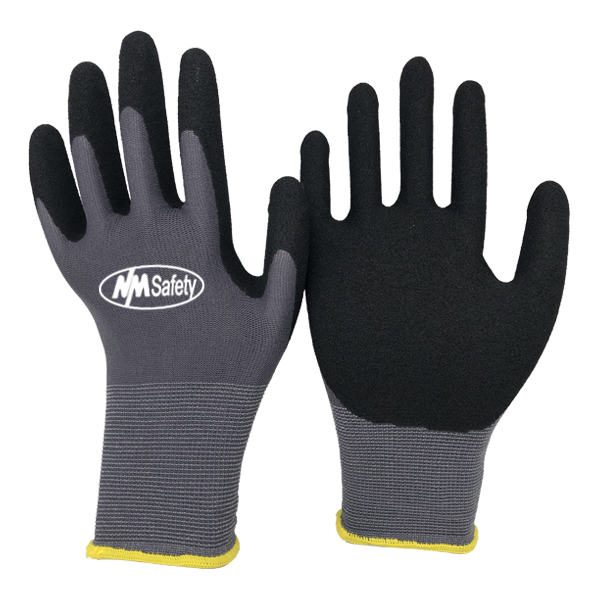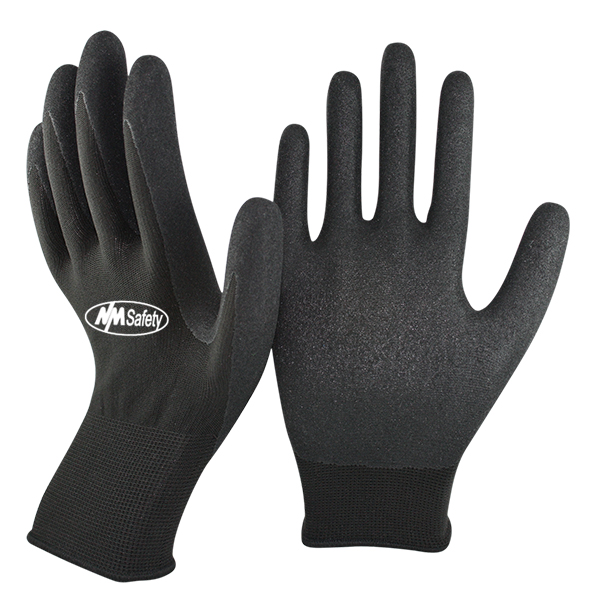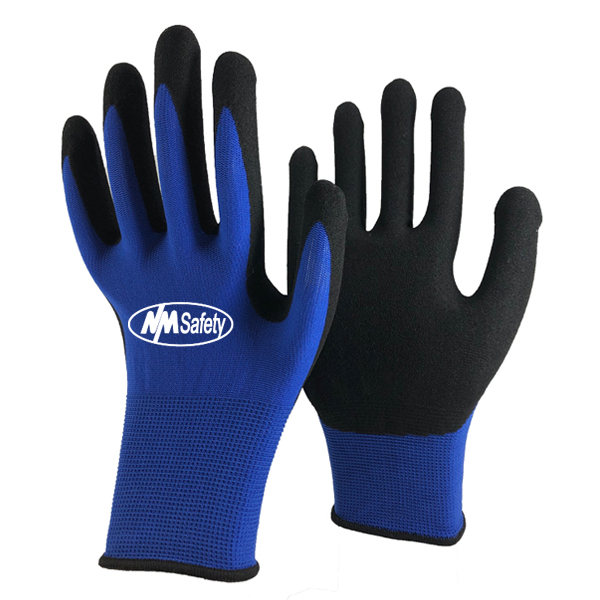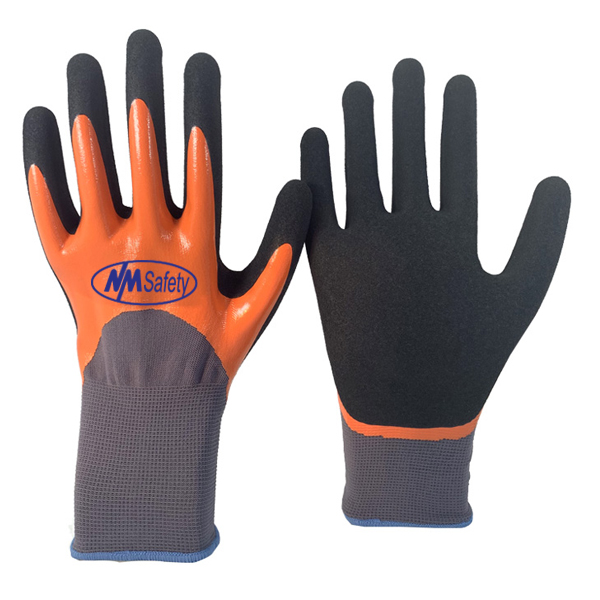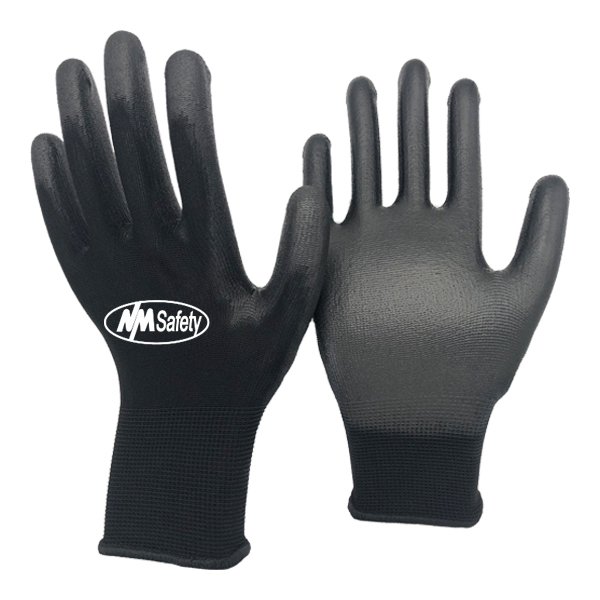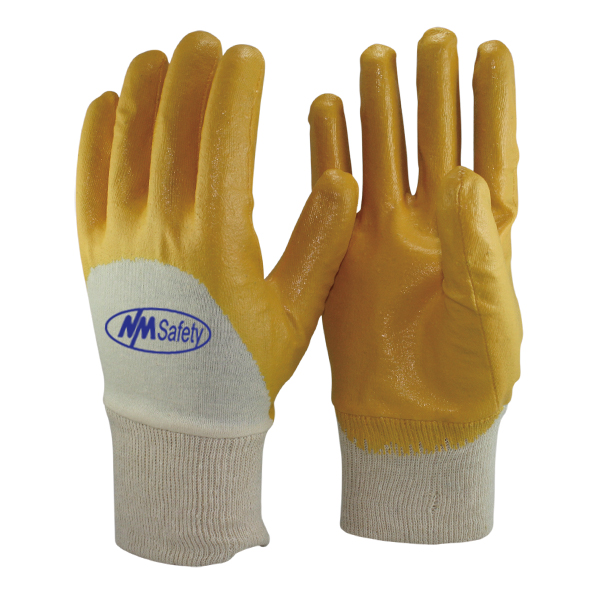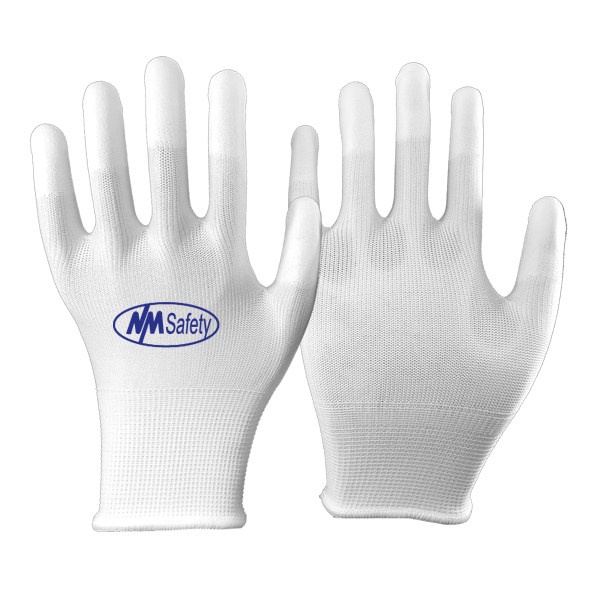In any healthcare setting, disposable gloves are a must-have item. Gloves prevent patients and clinicians from possibly harmful microorganisms. Gloves serve to establish a standard of hygiene and care throughout the sector. Ordering the incorrect glove for your practice could result in a waste of money. It also increases the danger of rupture, shreds, and tears. Nitrile, rubber, or polyvinyl are the most common materials used in protective gloves. Disposable gloves are made up of three types of materials.
- Latex gloves
- vinyl gloves
- Nitrile gloves
Latex Gloves:
Latex has been the superstar of the healthcare discarding glove business for a long time. However, as their popularity grew, so did the number of allergic responses. As a result, interest in latex-free disposable glove substitutes such as nitrile and vinyl has increased. Latex gloves are pleasant, very inexpensive, and provide a high level of touch sensitivity for people who aren't allergic. Latex gloves are excellent for most medical contexts. Because of their high levels of functionality, security, and convenience.
Vinyl Gloves:
PVC, an oil and gas material, is used to make vinyl gloves. The main advantage of vinyl gloves is their low cost of production. They are, however, less resilient than rubber and nitrile, and they provide only minimal protection from chemical and biological exposure. Molecules' interaction split when vinyl gloves are twisted or bent, compromising the protecting shield's stability.
Sandy Nitrile-coated gloves:
Nitrile gloves sprang out of fame as a viable rubber replacement in the nineties. Nitrile-coated gloves help work with substances that are highly hazardous or caustic. They're also ideal for most hospital situations, as they're intensely puncture-resistant and eliminate the risk of rubber allergies reactions. Nitrile is a type of synthetic polymer.
Features of Sandy Nitrile-coated gloves:
There are some excellent features present in nitrile coated gloves:
- They provide additional safety for engineers, workers in poison and cleaner manufacturing plants, and auto machines. Unlike natural rubber gloves, which might induce allergic reactions, Nitrile coated gloves are safe.
- Because nitrile-coated gloves are durable, they can protect from powerful and dangerous chemicals found in paints. They're tough, long-lasting, and, most critically, puncture-resistant.
- Despite regular leather or rubber gloves, which cannot protect against scratches, nitrile-coated gloves prevent such injuries.
- Conventional leather gloves, which acquired are bulky. Nitrile-coated gloves also win this race since they are light and non-bulky. As a result, working in them is a lot easier.
- Cooks, warehousing and shipment workers, and artists favor nitrile-covered work gloves because they are the safest. Nitrile-coated gloves provide an excellent defense against solvents and lubricants.
- People who deal with instruments in their hands, such as technicians, physicians, health professionals, and scientists, benefit from their exceptional grip.
- Nitrile-coated gloves are all the rage because they don't contain latex and are also puncture-resistant. Nitrile, often called acrylonitrile-butadiene rubber, is not the same as rubber. It's made of plastic.
Types of nitrile-coated gloves:
There are two main types of nitrile-coated gloves:
- Powder nitrile-coated gloves
- Non-powder nitrile-coated gloves
Powder Nitrile coated Gloves:
- Health practitioners, warehouse managers, technicians, welders, and lab professionals use powdered nitrile gloves.
- Powder gloves contain a coating of powder that help them to remove the glove effortlessly.
- Cornstarch is used in powdered gloves to help with grip.
- They are very famous in the health industry because of their prompt and easy use.
- If you sweat a lot, the powder in the gloves will soak up the moisture, making it easier to put on and take off the gloves.
Non-powder nitrile-coated gloves:
- The non-powdered version is planned for use in the food business. They're the favored alternative when it comes to handling foods and drinks.
- Because powder-free gloves do not contain corn starch, they are the absolute opposite of powdered gloves. It gives these gloves a lot more versatility and accessorizing options.
- They're commonly present in industrial and manufacturing jobs. Latex, vinyl, and nitrile types are available.
- They're gentle on the skin and substantially more powerful, and they won't injure your hands.
Outstanding benefits of Nitrile-coated gloves:
Nitrile coated gloves provide you a lot of benefits:
Excellent for heat protection:
Unlike rubber or raw leather, which cannot withstand extreme heat, Nitrile coated gloves can withstand temperatures of up to 149°C (300°F). However, keep in mind that Nitrile-coated gloves are heat resistant rather than flame resistant. They can't protect your skin from fire.
Protection from harsh chemicals:
Lab technicians and many other professionals use nitrile-coated gloves because they are highly resistant. The typical nitrile glove is a poison, puncture, and abrasion-resistant commercial safety glove. It does not protect from electrical shocks or extreme heat. It's also a good medical glove for keeping viruses and blood borne viruses.
Chemical Sensation is high in Nitrile Gloves:
Nitrile is a great material that permits the user's sensation of touch to remain intact. This implies the glove user can readily feel and interact with objects in their hands. Other substances may hinder your ability to handle objects and diminish your sense of touch.
Puncture Resistant:
Which protective hand wear is the most abrasion and puncture resistant? Nitrile gloves are the appropriate option. In comparison to rubber, nitrile is three to four times better puncture resistant. This makes it a good choice for people looking for long-lasting mechanical protective gloves.
These medical and utility gloves can protect your hands from scrapes, burns, scars, and bruises, among other things. Furthermore, when comparing nitrile-coated gloves and latex, you'll discover that puncture holes in latex are difficult to notice, placing the user at risk of exposure to harmful compounds.
Conclusion:
The sandy nitrile glove gives you a good grip on the nitrile's surface. The surface treatment reduces hand fatigue by minimizing the amount of effort necessary to grip. Nitrile gloves also keep the glove to stay soft and enjoyable. You can buy sandy nitrile-coated gloves from NM safety. NM safety provides so many types of gloves.





